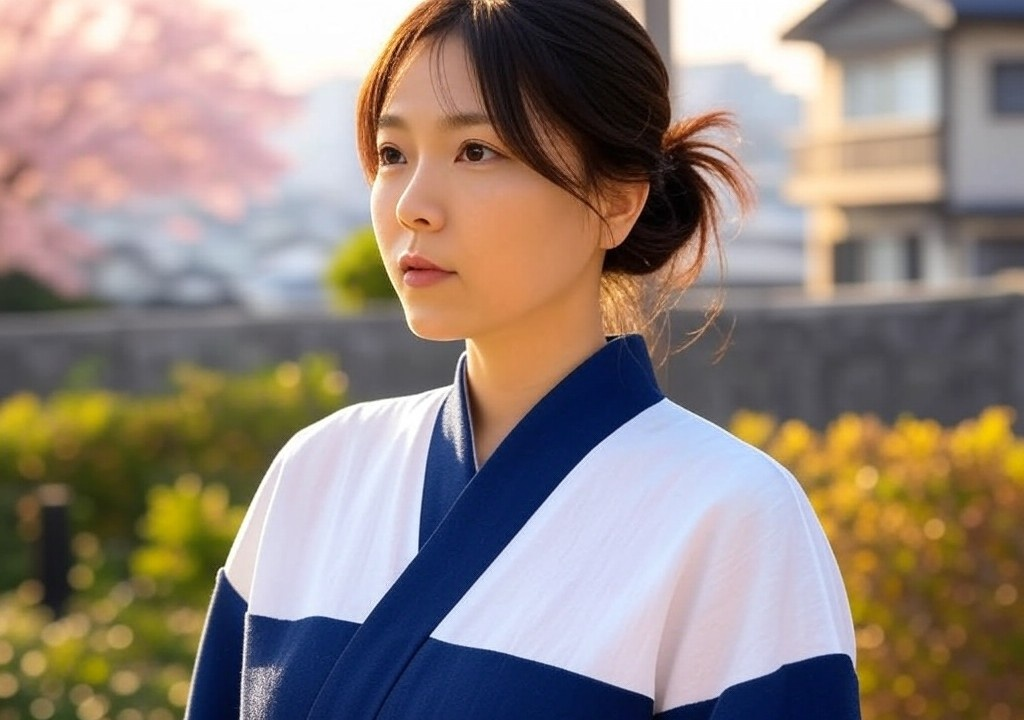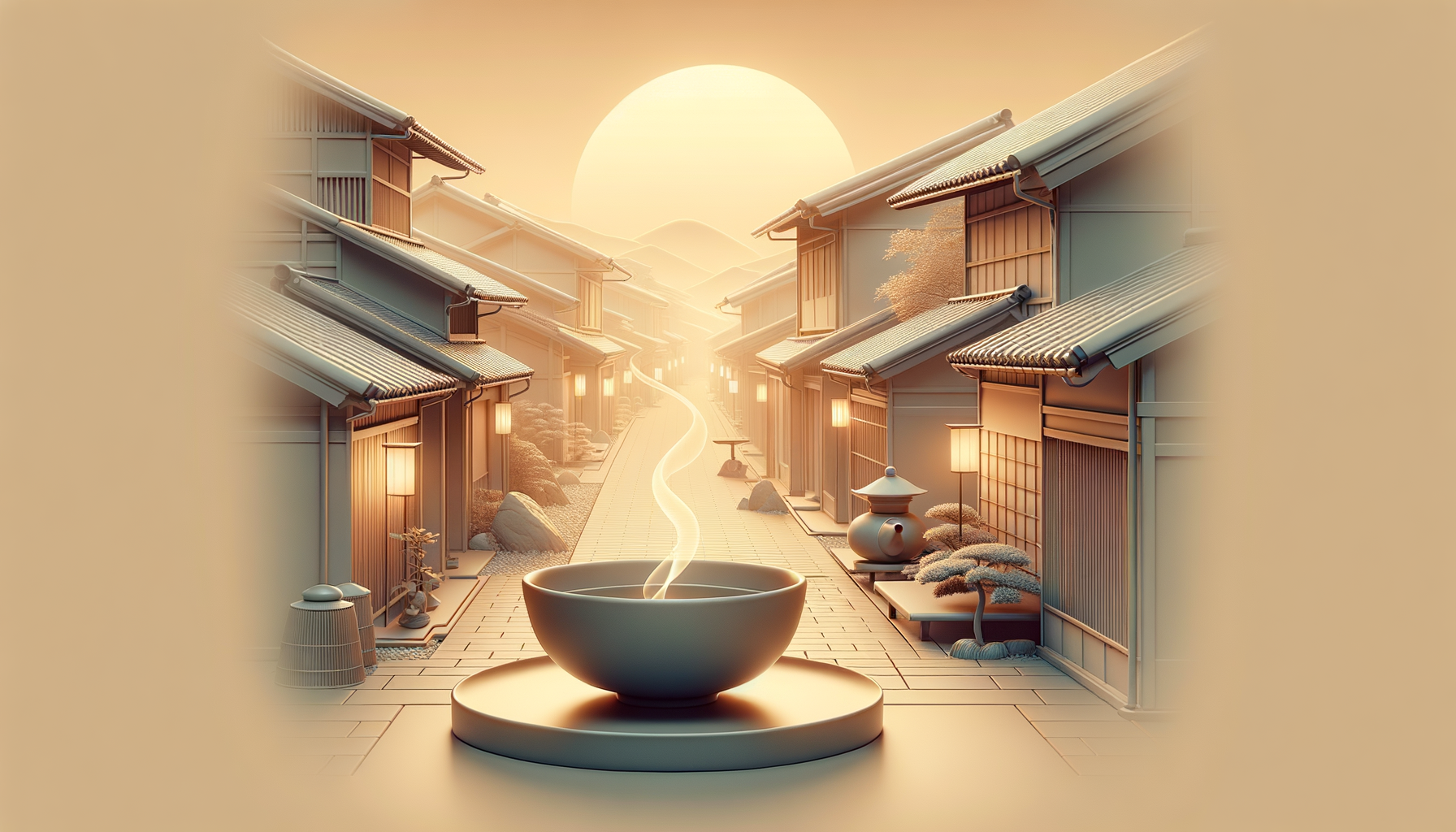Some places leave a mark on you—not the fleeting brush of a passing moment but a deep, indelible imprint that shapes who you are and how you love. For me, that place is Tokyo. But not sleek, high-tech, neon-drenched Tokyo you’ve seen on Instagram, brimming with Shinjuku’s chaos or Ginza’s glitzy allure. No, my Tokyo is quieter, tucked away in suburban corners where time slows, vending machines hum softly, and handshake connections transform into heart-to-heart conversations.
I didn’t just grow up in Tokyo — it grew with me. And, in many ways, it taught me how I see love, relationships, and the strange rhythm of human connection. Let me take you there.
The Side Street Jazz of Love
In my neighborhood, a sleepy patch of Tokyo just outside the cacophony of the Yamanote train line, there was a jazz café where my friends and I used to hang out—well, I called it hanging out. It was more like sitting awkwardly with a cup of milk tea, stealing glances at the handsome boy who was inevitably engrossed in a paperback Murakami novel.
There was something intoxicating in that simplicity: the unspoken tension between people. You didn’t rely on grand gestures to show affection; a shared glance across the café or the quiet but deliberate placement of a tissue packet on the counter to save a chair said everything. These were subtle love languages born of Tokyo’s reserved nature.
That jazz café taught me that love often lives in small, unspectacular moments—a held pause between notes, a smile riding on the rim of a teacup. These moments may not scream, but they resonate. They are like Monk’s imperfect-but-perfect piano riffs—offbeat, understated, but unforgettable.
So here’s my first lesson Tokyo taught me: Love doesn’t have to be loud to be felt. It doesn’t always come with fireworks; sometimes it’s a paper crane folded silently and left on your desk.
Lawson’s at Midnight: Relationships Aren’t Always Glamorous
Forget candlelit dinners or choreographed rom-com confessions for a moment. Let me paint you a very different, but oddly romantic, picture: a small convenience store (Lawson’s), just before midnight. The convenience stores in Tokyo have everything, and I do mean everything: matcha KitKats, hot oden in winter, and vending-machine-quality karaage fried chicken.
As a newly minted adult navigating my first serious relationship, midnight snack runs to Lawson’s with my partner became our strange ritual. It was never planned. He’d text me around 10:30 to say he was craving something specific—a melon pan or a can of cold coffee—and I’d pretend to be too. We’d wander through the fluorescent aisles, debating between lemon-flavored candy and almond pocky, the kind of trivial arguments that feel monumental only when you’re falling in love.
One winter night, walking back from Lawson's as the smell of snowfall was hanging in the air, I mentioned something offhand, like, “Do you think relationships are supposed to feel this ordinary?” His response stayed with me: “No one tells you that the ordinary is what lasts.”
Looking back, I realize something poignant: relationships are not made in grand, Instagram-worthy moments. They’re built in neon-lit Lawson’s aisles, the comfort of sitting side-by-side while folding laundry, or the soft "goodnight" muttered before the lights go out. Tokyo taught me to embrace those ordinary, unglamorous corners of love—and to stop chasing the cinematic.
The Art of Kintsugi: Picking Up the Pieces
If you’ve ever explored a temple market in Tokyo, you’ve probably come across kintsugi: the art of repairing broken pottery with gold. The philosophy behind it is beautiful—imperfections aren’t hidden; they’re highlighted. The cracks are part of the story, not its end.
A significant breakup during my mid-twenties left me shattered in ways I didn’t think possible. I moved to Vancouver shortly after, running from the shockwaves of a broken engagement. But no matter how far I flew, the pieces of that heartbreak clinked loudly in my carry-on.
One afternoon, as I wandered through an antique market in Tokyo while visiting family a few years later, I saw a kintsugi bowl. I picked it up, and I remember thinking, “Why should I hide the parts of me that broke and healed?”
That’s when it hit me—heartbreak isn’t a scar to cover up; it’s a kind of gilded history. Just as those bowls would never be the same again, neither would I. And that’s okay. It doesn’t mean you love less; it means you love differently, with awareness of where you’ve cracked and where you’ve mended.
Tokyo taught me that relationships—whether they're new, ongoing, or long gone—are never smooth or perfect. They are just as beautiful for the flaws that we carry, as long as we’re willing to put in the work to repair and rebuild.
The Magic of Getting Lost
Tokyo, despite being exquisitely mapped by its iconic train lines, is a maze—it’s a city that welcomes wanderers. There’s nothing more romantic than stepping outside of your regular route, following a lantern-lit alley in search of a cozy yakitori spot, and ending up somewhere completely unexpected.
Isn’t love just like that, too? You think you’re heading in one direction, and suddenly it takes a wild turn. Maybe it ends. Maybe it doesn’t. The surprise is part of the thrill. For so long, I was obsessed with following the “ideal” relationship map—meet someone, act coy, fall madly in love, live happily ever after. Tokyo taught me what happens off-course is often the most memorable part.
Some of my best connection stories begin with “I absolutely did not plan for this.” Like the time I missed my last train and spent an hour talking to a stranger at a 24-hour ramen shop whose smile was warmer than the tonkotsu broth. Or the time I almost drowned in sake at a dinner party only to have someone kindly walk me home when I’d had too much. (Spoiler: We ended up dating for almost a year.)
Love is like exploring Tokyo at night—you get lost, you stumble, but you find little pockets of magic in the most unexpected places.
Final Thoughts
Tokyo is a city that lives in my bones. It taught me that love, in its truest sense, isn't about perfection but presence. It's about showing up, appreciating the ordinary, and embracing the twists and turns without expecting a clear map.
The version of myself who sat shyly in a suburban jazz café, or who argued over caramel-flavored KitKats under fluorescent lights, or who ran sobbing through subway turnstiles when my heart broke—that person didn’t have it all figured out. She still doesn’t. But she learned to love well.
So, my advice? Let yourself get lost, embrace the quiet and mundane, honor your imperfections with a touch of gold, and trust that the place—and the love meant for you—will shape you in the best possible way.




















